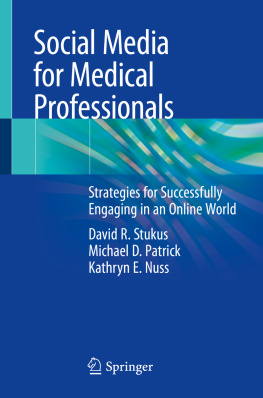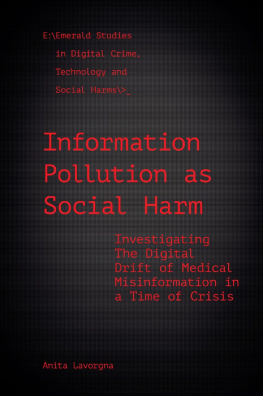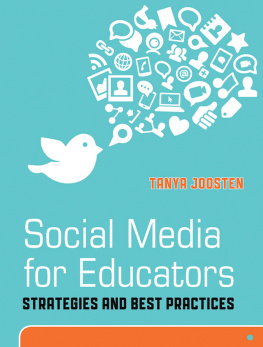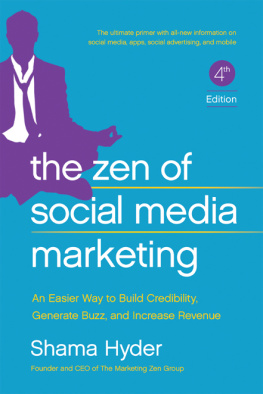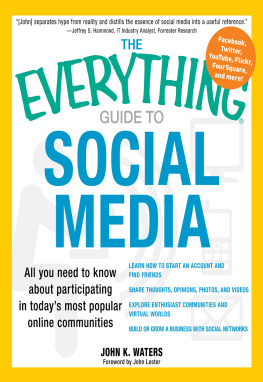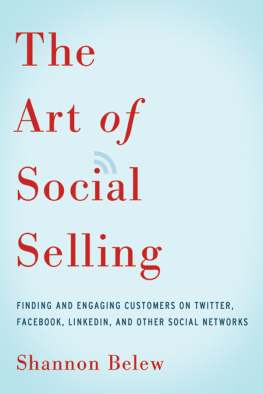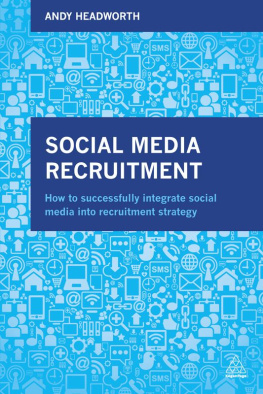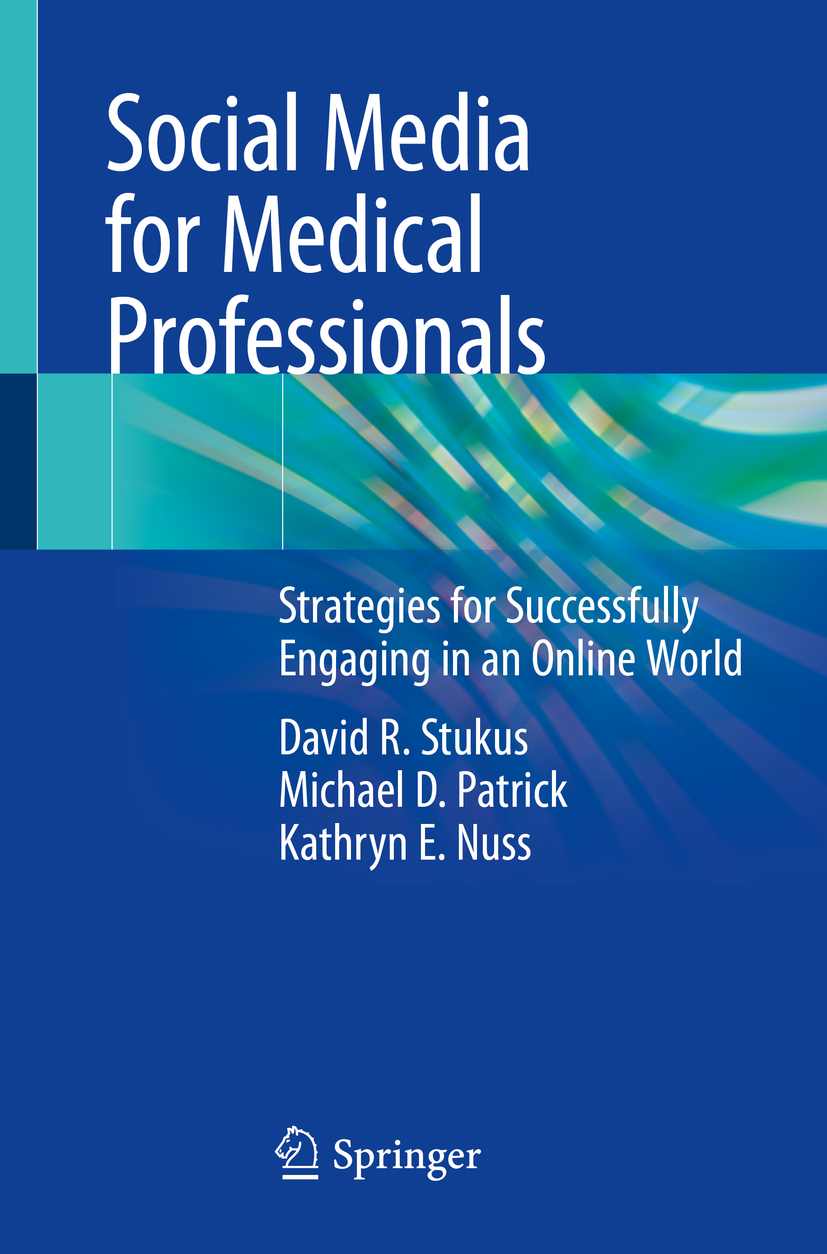David R. Stukus
Nationwide Childrens Hospital and The Ohio State University College of Medicine, Columbus, OH, USA
Michael D. Patrick
Nationwide Childrens Hospital and The Ohio State University College of Medicine, Columbus, OH, USA
Kathryn E. Nuss
Nationwide Childrens Hospital and The Ohio State University College of Medicine, Columbus, OH, USA
ISBN 978-3-030-14438-8 e-ISBN 978-3-030-14439-5
https://doi.org/10.1007/978-3-030-14439-5
Springer Nature Switzerland AG 2019
This work is subject to copyright. All rights are reserved by the Publisher, whether the whole or part of the material is concerned, specifically the rights of translation, reprinting, reuse of illustrations, recitation, broadcasting, reproduction on microfilms or in any other physical way, and transmission or information storage and retrieval, electronic adaptation, computer software, or by similar or dissimilar methodology now known or hereafter developed.
The use of general descriptive names, registered names, trademarks, service marks, etc. in this publication does not imply, even in the absence of a specific statement, that such names are exempt from the relevant protective laws and regulations and therefore free for general use.
The publisher, the authors, and the editors are safe to assume that the advice and information in this book are believed to be true and accurate at the date of publication. Neither the publisher nor the authors or the editors give a warranty, express or implied, with respect to the material contained herein or for any errors or omissions that may have been made. The publisher remains neutral with regard to jurisdictional claims in published maps and institutional affiliations.
This Springer imprint is published by the registered company Springer Nature Switzerland AG.
The registered company address is: Gewerbestrasse 11, 6330 Cham, Switzerland
Foreword
When I started my campaign of medical advocacy on social media, I walked uphill waist deep in snow both ways.
Okay, maybe not quite. But that is what it felt like.
The reality is there were very few doctors online publicly and most who were seemed less interested in medical facts and more invested in foods that bust belly fat.
Sigh.
Back then, medical societies also told doctors that being on social media was unprofessional. All of these early guidelines seemed written by people, mostly older men, who had never been on social media in any meaningful way. A bit like me, a gynecologist, trying to tell an orthopedic surgeon about operating on the ankle.
Eye roll.
But I didnt care what anyone said because I knew social media was where my patients were. And getting accurate information to people matters, especially as most of us are prone to believing the first piece of data that we collect. I also knew that at one point in time, we doctors felt the telephone was terribly unprofessional, and yet, here we are with excellent telephone triage guidelines for many medical conditions.
Almost 16 years ago, my family experienced a medical catastrophe. I was pregnant with triplets, and one of my sons died at birth, and my other two sons were born extremely prematurely. They were very ill for a very long time and like everyone else, I turned to the Internet for medical information. What I found was almost impossible to navigate. And I began to wonder: If I am a doctor and I am falling down snake oil-infested rabbit holes, how does everyone else manage?
I decided when my kids were a little better that I was going to try to fix the medical Internet. I know, a pretty naive goal. However, I am sure, at one point, people thought surviving at 26 weeks the age my children were born was impossible, and yet here I am with two amazing young men who fill my life with joy.
It is hard for people to wade through the quagmire that is the medical Internet. Bad information is everywhere, fear sells, and the lure of the cure is so potent. In our 24/7 news cycle, a misleading medical story can not only do damage itself but can also spawn tens and sometimes even hundreds of other erroneous headlines resulting in millions of impressions. Sometimes, the articles are even accurate, but the headlines are terribly misleading. Lets face it, many of us, doctors included, dont always read to the end of a story.
We all mistake repetition for accuracy, a phenomenon called the illusory truth effect. And social media, with easy retweets and reposts, is the very model of repetition.
The glut of medical misinformation is real. And medical professionals who are invested in accuracy and helping patients must help. The biggest barrier that I hear about engaging online is that it looks so hard and seems so complicated! How does one even get started?
That is why Social Media for Medical Professionals is such an important book. Trying to understand the myths that may be holding you back from engaging, what avatar to use, how and when to engage, what content works and what doesnt, and knowing the risks (there are a few, like all medical interventions)all this and more is presented for you in a clear and concise manner. I wish this book had been around back when I said to myself, Gunter, you should try this Twitter thing out and see what happens!
Sometimes I wonder if social media were around when Andrew Wakefield presented his fraudulent data to the world if an army of medical professionals could have taken to social media to shut him down and expose him within weeks? Maybe people wouldnt be dying from measles right now? Maybe all of that money we spent proving over and over again that vaccines are safe and dont cause autism could have been used to find an effective therapy or a cure for another condition?
Interesting thoughts.
Social media is already affecting the medical care you deliver to your patients. But it is also affecting you medically on a personal level. Medical misinformation on social media is affecting the fluoride in your drinking water. It is exposing you and your family unnecessarily to vaccine-preventable illnesses. It is telling lies about reproductive health that affects how people vote.
Not engaging doesnt seem to be an option. Everyone deserves access to quality and accurate health information, and medical professionals are uniquely poised to help. Dr. David Stukus and his coauthors have given you the blueprint you need to get started, so you can help make the medical Internet better for everyone.
I look forward to seeing you online!
@DrJenGunter a.k.a. Twitters resident gynecologist
Dr. Jen Gunter

